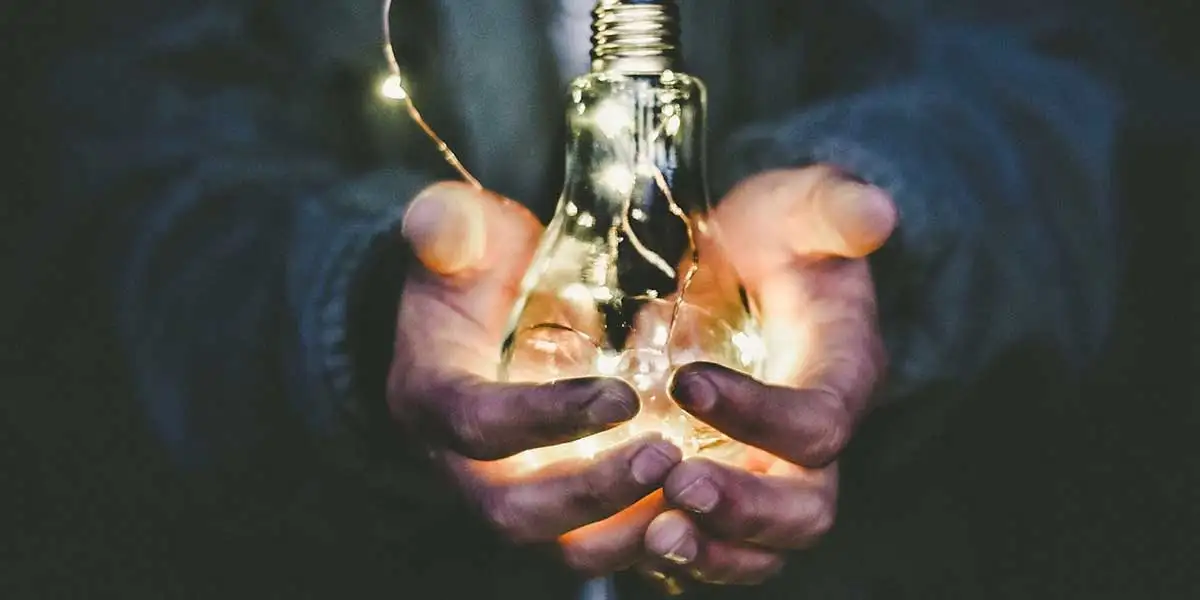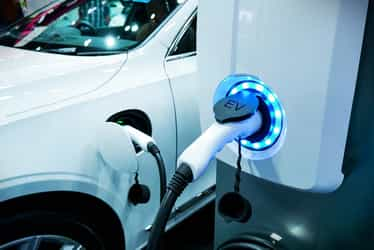
Aug 26, 2019
Blog Market Research Sustainability in Business: A Case Study with Hewlett Packard
There is a growing number of consumers who strive for healthy and sustainable lifestyles. Companies are unsure whether they should sacrifice meeting consumers’ needs to hold onto legacy procedures, methods and products or integrate the sustainability practices, such as innovative products and methods of manufacture.
Companies that expect operational and growth-related benefits look in the long term to cut costs while expanding toward new opportunities, markets and products. While it may be some distance into the future, when a tipping point is achieved, “as a business we can no longer afford to remain blind to environmental and sustainability goals” (Dow Jones Sustainability).
In a recent BCC Research webinar, “Environmental sense or cents: how do companies incorporate sustainability decisions in their businesses,” Cory Robertson, Environmental Chemist from Hewlett Packard, discusses how sustainability investing in the United States continues to grow and make a difference.
Why Are Sustainability Decisions Crucial For Economic Success?
Companies have started to realize that in order to prosper and have a competitive advantage, they need to invest in sustainability decisions. Incorporating sustainability policies improve business outcomes by attracting and retaining customers, improving shareholder value and increasing profits.
As the population and consumption grows, it’s necessary to make an economy-wide shift, specifically where waste is reduced and growth is derived from the consumption of limited resources.
Circular Economy Definition
Our current economic model, the linear economic model, is no longer as efficient for the environment or businesses—it’s a one-way system grounded in a take, make, consume and dispose cycle.
A circular economy is a more efficient model for the future, as it’s based on reducing the extraction of raw materials by replacing them with recycled resources.
How Do Businesses Implement Circular Economy Practices?
Robertson notes that Hewlett Packard participates in the circular economy in many ways, including:
In The Circular Economy Report from 2018, Hewlett Packard mentions that when consumers are refurbishing and recycling old IT products, they are adding to a circular economy because they’re giving back value to your business while reaching sustainability goals.
A few statistics from the report are stated below:
How do Sustainability Decisions Impact Consumers?
If a company does not invest in sustainability policies, it could lead to a skewed reputation of environmental, social and economic factors that can hurt the company’s name amongst consumers.
In the webinar, Robertson mentions that it’s important for businesses to align themselves with brands that consumers are familiar with in order to boost trust about their brand.
Doing this allows businesses to have more of an opportunity to innovate, differentiate, create value and attract more customers. This also leads to more opportunities to attract and motivate employees.
In “The Comprehensive Business Case for Sustainability,” consumers have a mindset where they “expect more transparency, an honest and tangible global impact of companies and can choose from a raft of sustainable, competitively priced, high quality products.” Consumers feel obligated and more comfortable buying products that positively impact the environment.
Sustainability Case Study from Unilever
According to a recent study by Unilever, companies must work to include social and environmental policies to demonstrate to consumers that they can trust their company.
What Are The Tradeoffs For Prioritizing Sustainability Within Companies?
Most companies understand that there is a tradeoff between profitability and sustainability. Including sustainability decisions is considered a mindset with a focus on the creation of long-term shareholder value.
There are three difficulties that companies face when making major business decisions.
Businesses realize that pursuing sustainability is a long-term investment, so they face the challenge of lessening shareholder concerns about short-term results that may not go as planned due to the company’s long-term goals.
Robertson notes that companies should realize that incorporating sustainability decisions and participating in the circular economy is “easier than you think and your supplies are mostly eager to work with you.”

Daniella is our Academic Insights Strategist and a current senior at Bates College. She writes about challenges facing college students and tangible ways students can thrive in their academic and professional lives.

Amending the Pesticide Trade Business China and the U.S. are the foremost export...

Introduction The electric vehicle (EV) revolution is not solely about batteries ...

In the ever-evolving landscape of technology, pressure sensors have emerged as p...

We are your trusted research partner, providing actionable insights and custom consulting across life sciences, advanced materials, and technology. Allow BCC Research to nurture your smartest business decisions today, tomorrow, and beyond.
Contact UsBCC Research provides objective, unbiased measurement and assessment of market opportunities with detailed market research reports. Our experienced industry analysts assess growth opportunities, market sizing, technologies, applications, supply chains and companies with the singular goal of helping you make informed business decisions, free of noise and hype.